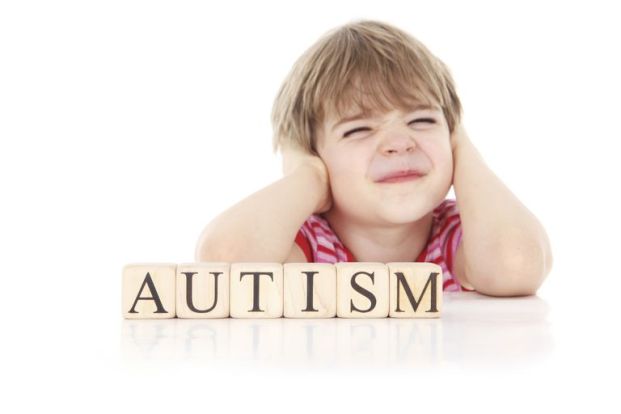Can Autism be detected in babies
Apr 19, 2022
Initial signs of autism can often be detected in infants as young as 6-18 months. Like , if a baby fixates on objects or does not respond to people, he or she may be exhibiting initial signs of an autism spectrum disorder. Older babies and toddlers may fail to respond to their names, ignore eye contact, lack joint attention sharing an experience of observing an object or event by gazing or pointing, or engage in repetitive movements such as rocking or arm flapping.

They may play with toys in unusual ways, like lining them up or focusing on parts of toys rather than the whole. Parents who notice these signs or are concerned their children are not meeting developmental milestones. Early diagnosis and early intervention are critical. Research shows that about half of the children with autism who are in an evidence-based early intervention program from age 3-5 can gain enough skills to be mainstreamed for playgroup school. There are now evidence based interventions for babies as young as 12 months old and studies are underway to design treatments for 9 month old babies at risk for autism. Although autism is basically diagnosed in children, it is possible that an ASD does not go diagnosed until adolescence or adulthood. In this case, autism manifests itself as difficulties in socialization, atypical communication and restricted mental flexibility. A medical diagnosis is always required to confirm the presence of Autism in a child.
However, every child on the autism spectrum has problems, at least to some degree, in the following three areas:
- Communicating verbally and non-verbally
- Relating to others and the world around them
- Thinking and behaving flexibly
There are different opinions among doctors, parents, and experts about what causes autism and how best to treat it. There is one fact, however, that everyone agrees on: early and intensive intervention helps.








